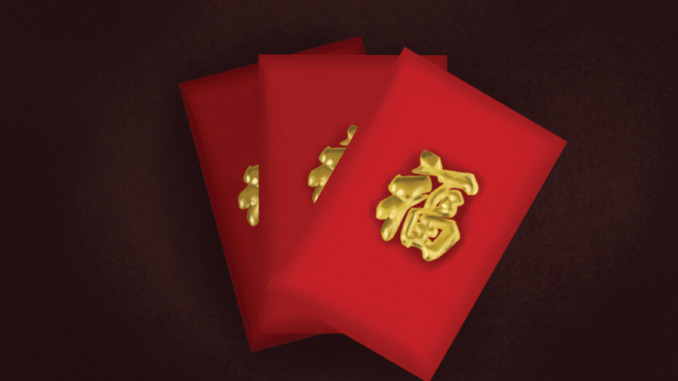
The Lunar New Year, generally considered the most important holiday in Chinese culture, signifies fresh starts and hope for a bright future, USA Today reported.
A celebration normally marked by large family dinners and fireworks, the holiday has taken a different tone this year amid the COVID-19 pandemic as festivities take place remotely and Temple University students celebrate in smaller, more familial settings.
The 15-day-long holiday, which began on Feb. 12, marks the first full moon of the lunar calendar and is celebrated by more than 1.5 billion people worldwide.
For Nina Chen, a junior psychology and Chinese major, celebrating the holiday with dinners and family gatherings is a means of staying in touch with her Chinese heritage.
Due to the COVID-19 pandemic, her gathering will be smaller than usual, but “just being with your family is still going to be nice where we get to all eat together,” Chen said.
Zenan Shen, a sophomore chemistry major, returned to China from Philadelphia in November 2020 and has been attending his Temple classes remotely this semester. For him, celebrating Lunar New Year is a part of his heritage, he said.
“I am really proud of that,” Shen said. “It’s our culture.”
This year, he plans to watch China Central Television’s Gala program and eat dumplings with his family. In previous years, he would also visit relatives and watch fireworks.
“We don’t have fireworks this year unfortunately because of the pollution and the quarantine,” he added.
Temple’s Confucius Institute, which promotes Chinese language and culture in Philadelphia and is partially responsible for Chinese language courses, hosted a virtual celebration commemorating the Year of the Ox with interactive games and virtual performances on Feb. 12. Approximately 50 students and faculty attended.
The Confucius Institute normally hosts its Lunar New Year events in the Howard Gittis Student Center with live performances, tabling and food. In previous years, approximately 300 people turned out for the celebrations, said Ashley Phifer, administrative coordinator at the Confucius Institute.
Last year, students performed the traditional “The Triad of Plum Blossoms” song and dance at the celebrations, The Temple News reported.
This year, international students may not be able to spend the holiday with their families at all due to travel restrictions, said Yingru Zhao, a Chinese language instructor at the Confucius Institute.
One of Zhao’s favorite Lunar New Year traditions is wearing red.
“I believe that it will bring me good luck,” she added
The envelopes that are given to children on the day of Lunar New Year are also red, said Zhao. This year, she plans to send them out electronically.
These red envelopes may contain money and are expected to bestow happiness and blessings on the receivers, according to China Highlights.
There are benefits to a remote celebration, like how people who are unable to attend the celebrations can view the recording afterward, Phifer said. Additionally, the Confucius Institute was able to add more performers in the lineup than in previous years because they didn’t have to physically be present to perform.
“It’s also for our Chinese students that cannot be with their families to feel like they have someone to celebrate with here,” Phifer said.
The virtual events included a wide array of activities, like pre-recorded music performances, martial arts demonstrations, a paper cutting activity and a Chinese calligraphy demonstration, she added.
“We experience a lot of pressure over the year,” Zhao said. “You really need that kind of moment to cherish love.”


Be the first to comment